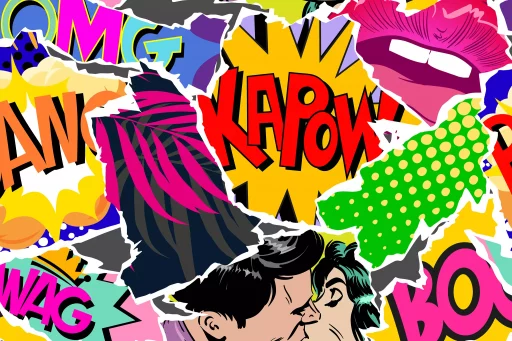Understanding ‘Clapped’: A UK Slang Term
In the rich tapestry of British slang, certain words can carry dynamic meanings that vary based on context. One such term is ‘clapped’. Originally used to describe someone or something in a state of disrepair or degradation, ‘clapped’ has evolved into a slang term that can have different connotations in modern vernacular.
The Origins of the Term
The term ‘clapped’ can be traced back to the 19th century, initially used in dialects primarily to describe a horse that was worn out or in bad condition. Today, its usage has broadened, and depending on the context, it can refer to various forms of decline or weariness:
- Physical appearance (when someone looks tired or unkempt)
- State of health (feeling sick or exhausted)
- General condition (referring to inanimate objects or environments that are dilapidated)
Modern Usage of ‘Clapped’
In contemporary slang, especially among younger generations, ‘clapped’ primarily describes a person who looks unattractive or disheveled. For example, if someone enters a room with an unkempt appearance, one might say, “Look at him, he’s really clapped today,” implying that they appear tired or rugged.
Social Media Influence: A Case Study
The rise of social media platforms has significantly affected the evolution of slang. The term ‘clapped’ often appears on sites like Twitter, Instagram, and TikTok, where users might comment on someone’s physical appearance or give an opinion on a public figure’s latest photo.
For example, a viral video of a celebrity looking disheveled may prompt comments like:
- “That outfit is clapped!”
- “She looks clapped in that photo!”
This usage highlights how the term has moved beyond its original meaning to encompass a broader array of commentary focused mainly on superficiality.
Statistics Around Usage
A recent survey conducted by a UK-based slang dictionary found that:
- Over 60% of respondents aged 18 to 24 reported using the term ‘clapped’ at least once a week.
- Among the same age group, 45% associated ‘clapped’ primarily with someone’s appearance rather than its original meaning.
This shift reflects broader trends in dialogue where appearance often takes precedence over deeper assessments of individuals.
Examples of ‘Clapped’ in Daily Conversations
To further illustrate usage, let’s look at some everyday examples:
- Ben: “Did you see Sarah at the pub last night? She looked so clapped!”
Tom: “Yeah, I thought she was sick or something.” - Jessica: “This old car we have is really clapped. Time to get a new one!”
Mark: “Agreed, it’s just not worth fixing anymore!”
The Cultural Impact of ‘Clapped’
Like many slang terms, the impact of ‘clapped’ extends to culture, especially in comedy and entertainment. Comedians often use the term in a humorous context, exaggerating someone’s appearance or a state of affairs for comedic effect. This usage fosters a shared understanding among listeners about assessing appearances playfully and lightly, perpetuating the slang within cultural discussions.
A Final Thought: Slang and Its Evolution
The word ‘clapped’ showcases how language evolves, particularly in subcultures and among younger populations. As with many slang terms, its meaning can shift with societal trends and influences. Understanding its roots and current applications offers insight into how language reflects cultural identity and social relationships in the UK.






